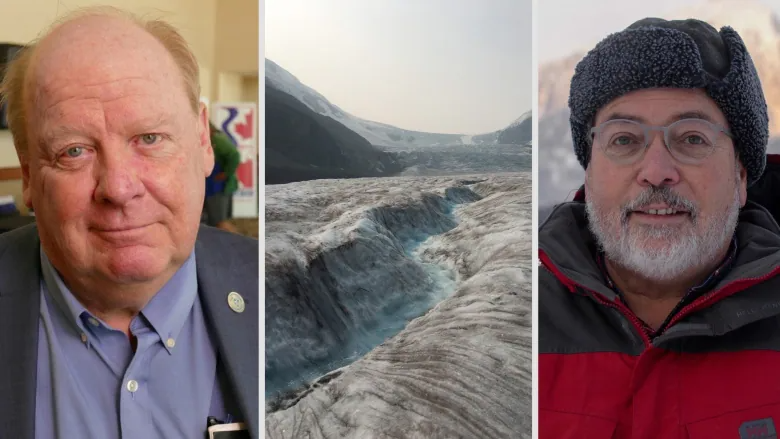The United Nations General Assembly has adopted a resolution to declare 2025 the International Year of Glaciers' Preservation — a concept Coldwater Lab director John Pomeroy says is rooted close to home in Canmore, Alta. The declaration is something researchers in Canada hope will help wake up the world that it needs to change course. More than symbolic, it's a year when scientists will release findings and share climate models and projections linked to the disappearance of glaciers, and conferences will raise the profile of this issue.
In The News for Dec. 19: Can the world save its own biodiversity?
In The News is a roundup of stories from The Canadian Press designed to kickstart your day. Here is what’s on the radar of our editors for the morning of Monday, Dec. 19 … What we are watching in Canada … Negotiators in Montreal have finalized an agreement to halt and reverse the destruction of nature by 2030, as the COP15 talks enter their final official day.
Metro Vancouver's last remaining glacier is disappearing fast Social Sharing
Metro Vancouver's last surviving glacier, a source of local fresh water, will disappear in less than 30 years, scientists say. Scientists say climate change is accelerating the demise of the Coquitlam Glacier. The ice pack, located 40 kilometres north of Vancouver, sits on a mountain more than 1,400 metres high. During the warmer months, runoff from what's left of the glacier provides about two percent of the water in the Coquitlam Reservoir. Although not a significant source of water, for scientists surveying its decline, the glacier's disappearing act is a symptom of the stress climate change is putting on local sources of fresh water.
Scientists warn glacier in Canadian Rockies is slipping away before their eyes at unprecedented rate
A summer of unprecedented heat has not been kind to the iconic ice in the Canadian Rockies. According to researchers, glaciers are melting at a rate never seen before. “It’s horrific to see this almost unrecognizable from one year ago, two years ago, let alone 10-20 years ago,“ said Dr. John Pomeroy, a hydrologist and director of Global Water Futures. Pomeroy first stepped foot on Banff National Parks Peyto Glacier in 2008. He came to better understand the hydrology of the famous glacier. In the early 1900s, it once sprawled three and half kilometres further than it does today, down the valley resting near the turquoise water of Peyto Lake
The Big Melt
The climate crisis is shrinking glaciers around the globe at a rate that startles even scientists who study the process. In British Columbia, the transformative effects extend from mountaintops, down valleys and into coastal waters. The more experts learn about what’s happening, the more they realize the complex, challenging implications of the Big Melt. Brian Menounos, a glaciologist based at the University of Northern British Columbia and a Hakai Institute affiliate, is sounding the alarm. It’s his job to document the glacial decline, and provide the best information possible to prepare for a future when the critical benefits we reap from healthy mountain ice are no longer available.
Dry lakes and dust storms: Dramatic changes to Yukon glaciers are warning for planet, researchers say
Gwenn Flowers, a glaciologist, trudges back and forth across a vast glacier in southwest Yukon, pulling a radar device mounted on skis behind her. "We as Canadians are stewards of about a third of the world's mountain glaciers and ice caps, so this is our responsibility," Flowers says. The dramatic changes to the glaciers in the Yukon are an early warning of what climate change could mean for the rest of the planet, researchers say. And Flowers sees lots of reason for concern reflected in the state of the ice.







